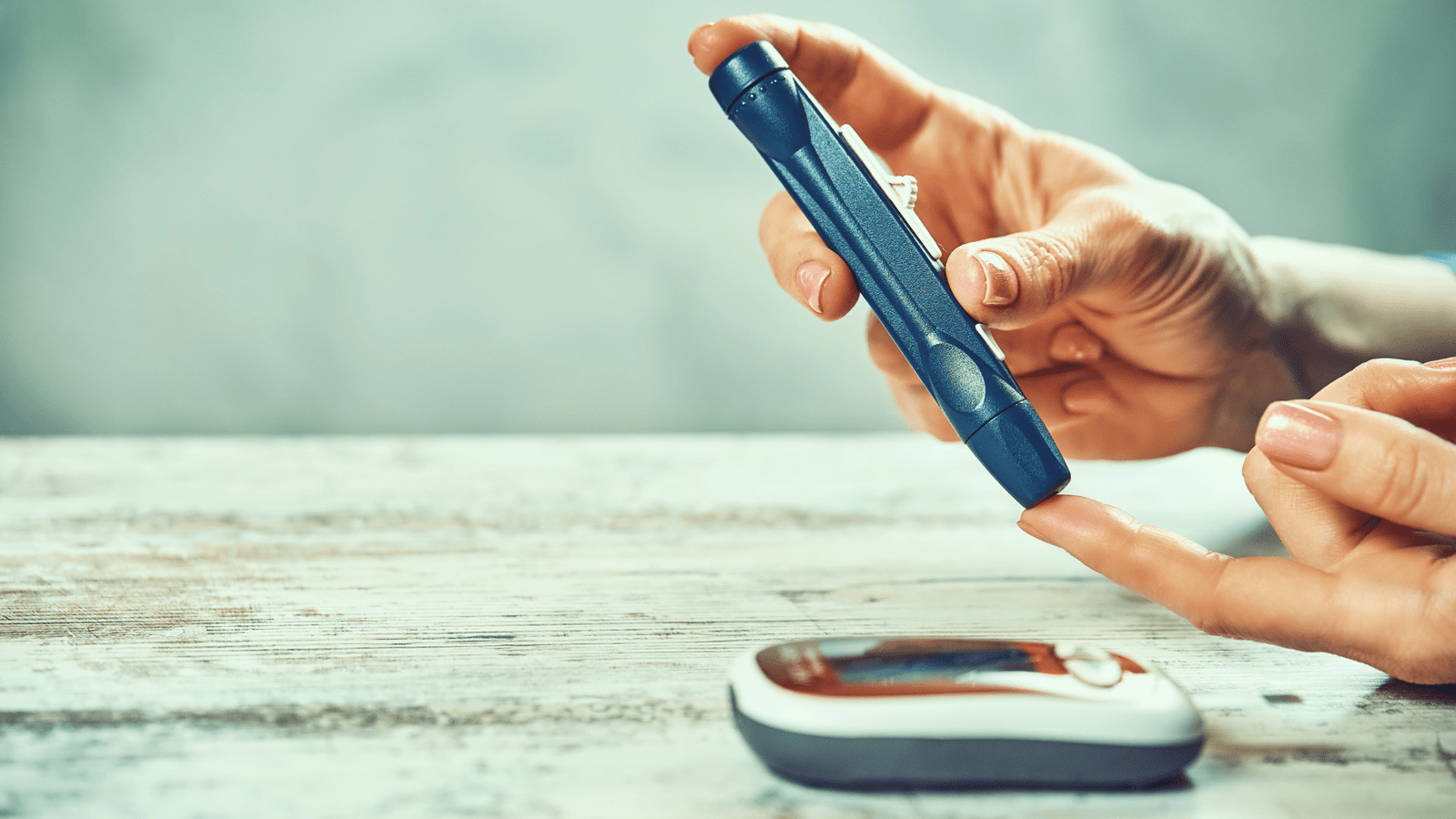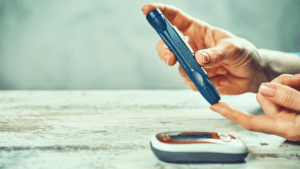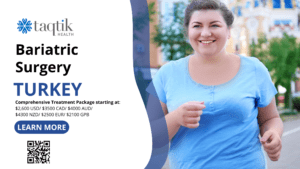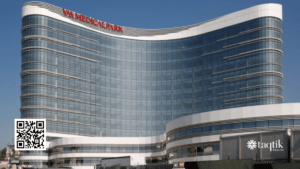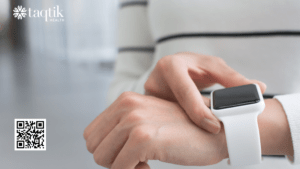Remote Patient Monitoring: A Game-Changer in Diabetes Management
In the face of a global diabetes epidemic, with the International Diabetes Federation estimating 537 million adults living with this condition worldwide in 2021 and projecting a rise to 643 million by 2030, innovative solutions like Remote Patient Monitoring (RPM) are more critical than ever. Taqtik Health leverages RPM technology to transform diabetes management, offering a new pathway to better health outcomes for millions.
The Rise of Diabetes: A Global Challenge
Diabetes, particularly type 2, has emerged as one of the most significant global health emergencies of the 21st century. This condition not only imposes a substantial burden on individuals but also places immense strain on healthcare systems worldwide. The challenge lies not just in the number of affected individuals but in the complications associated with diabetes, including heart disease, stroke, kidney failure, and blindness, necessitating a proactive and comprehensive approach to management.
Enter Remote Patient Monitoring
RPM technology stands at the forefront of this battle, providing a revolutionary approach to diabetes care. This technology allows healthcare providers to monitor patients’ health data in real-time, enabling immediate adjustments to treatment plans and lifestyle recommendations based on glucose levels, dietary intake, and physical activity. RPM offers several distinct advantages in managing diabetes:
- Personalized Care: Tailors management plans to individual patient needs, enhancing the effectiveness of treatments and interventions.
- Proactive Intervention: Identifies potential issues before they escalate into serious complications, significantly improving patient outcomes.
- Enhanced Accessibility: Makes it easier for patients, particularly those in remote or underserved regions, to access high-quality diabetes care.
- Increased Patient Engagement: Encourages patients to take an active role in their health management, leading to better compliance and health behaviors.
The Taqtik Health Approach
At Taqtik Health, we understand that managing diabetes goes beyond just monitoring blood sugar levels. It involves a holistic approach to health, incorporating lifestyle and dietary modifications, regular physical activity, and medication management. Our RPM platform integrates seamlessly with a range of devices, including glucose meters and fitness trackers, to provide a comprehensive view of a patient’s health.
Our platform also facilitates better communication between patients and healthcare providers, enabling timely feedback and adjustments to treatment plans. By harnessing the power of data analytics, we can identify patterns and trends in patient health, informing more effective management strategies and preventive measures.
The Impact of RPM on Diabetes Management
The effectiveness of RPM in diabetes management has been demonstrated in numerous studies, showing significant improvements in glycemic control among patients using RPM technologies. These improvements are attributed to better adherence to treatment plans, increased patient engagement, and the ability of providers to customize care based on real-time data.
Furthermore, RPM has been shown to reduce the need for in-person clinic visits, making diabetes care more convenient for patients and reducing the burden on healthcare systems. This shift not only enhances the efficiency of diabetes management but also contributes to higher patient satisfaction rates.
Looking Ahead
As the global diabetes epidemic continues to grow, the role of innovative technologies like RPM in managing this condition becomes increasingly vital. Taqtik Health is at the forefront of this revolution, providing cutting-edge solutions to improve the lives of those living with diabetes. By embracing RPM, we can achieve better health outcomes, reduce the incidence of complications, and ultimately, turn the tide in the battle against diabetes.
In conclusion, remote patient monitoring represents a beacon of hope in the fight against diabetes. By offering personalized, proactive, and patient-centered care, RPM empowers both healthcare providers and patients to manage diabetes more effectively, paving the way for a healthier future.

